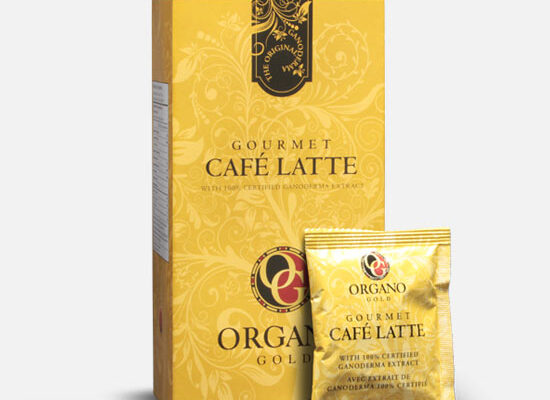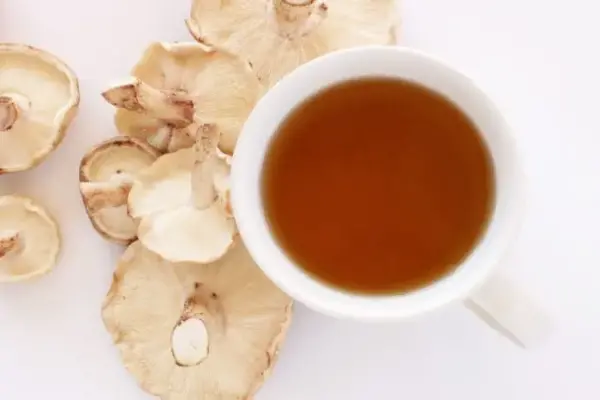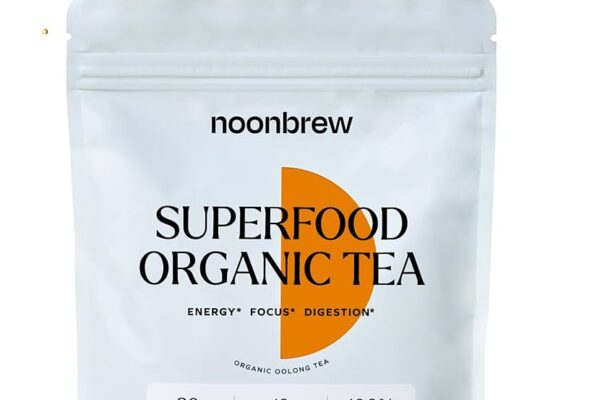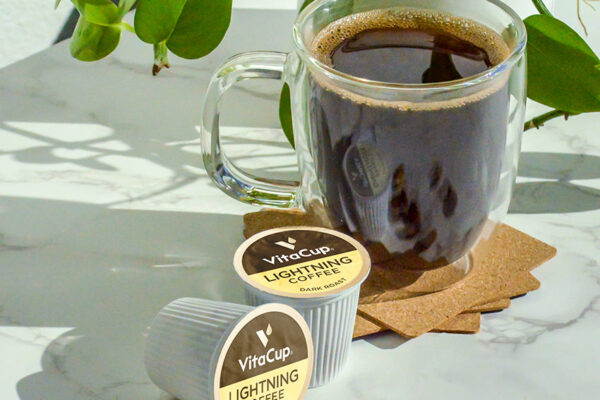Blog
Best Practices for Taking Mushroom Tea
Mushroom tea is exactly as it sounds: a soothing cup of hot water mixed with edible mushroom varieties to provide health benefits and increase their effectiveness in a tea form. You can customize this beverage according to your own tastes or mood with additional herbs, spices and extracts – some popular ingredients in mushroom tea include Lion’s Mane fungi cordyceps and Reishi as popular choices.
Shrooms can be used recreationally for their psychedelic effects, spiritually to deepen meditation or prescribed for anxiety and depression treatment. Whatever their intended use may be, there are certain best practices when taking shrooms that can minimize side effects and ensure an enjoyable experience.
Those new to mushrooms should start off slowly by taking small doses and gradually working their way up, to larger ones as desired. It is wise not to consume too many mushrooms too quickly as this could prove risky; taking mushrooms with someone and in a safe environment would also be recommended.
As part of your trip, it is crucial that you allow your body to do its own thing and let go. Though this may be hard to do at times, doing so will make the experience more pleasurable and less terrifying. Also important is knowing what awaits you so you can prepare both mentally and emotionally for it.
Some of the hallmarks of a mushroom high include visual stimulation and altered states of consciousness, while some individuals may experience what’s known as a “bad trip,” “shroom hangover,” or even paranoia. Others may lose control over their behaviors and put themselves or others at risk of injury.
An effective psilocybin trip can last from four to six hours and may cause nausea; for this reason it is advised to drink lots of water during this experience. Furthermore, alcohol or any other substances should be avoided prior to trying mushrooms as these could have adverse side-effects that can worsen any side-trip.
Note that while psilocybin may not be physically addictive, it can still be psychologically habit-forming and users who become dependent may have difficulty quitting and may experience depression and anxiety when trying to stop taking it.
Mushroom tea can serve as an effective wake-up drink in the morning, an energy boost during the day, or as an eveningcap to unwind at night. Mushroom tea offers numerous health benefits; its most notable one being improving cognitive function – such as focus, concentration, and memory retention.
Though mushroom tea does not boast scientifically proven health benefits, some studies suggest it can reduce symptoms of chronic fatigue and improve sleep quality. Plus, as an excellent natural source of antioxidants that protect brain from stress-induced damage. Thus, many find drinking mushroom tea increases energy levels and overall sense of well-being.






